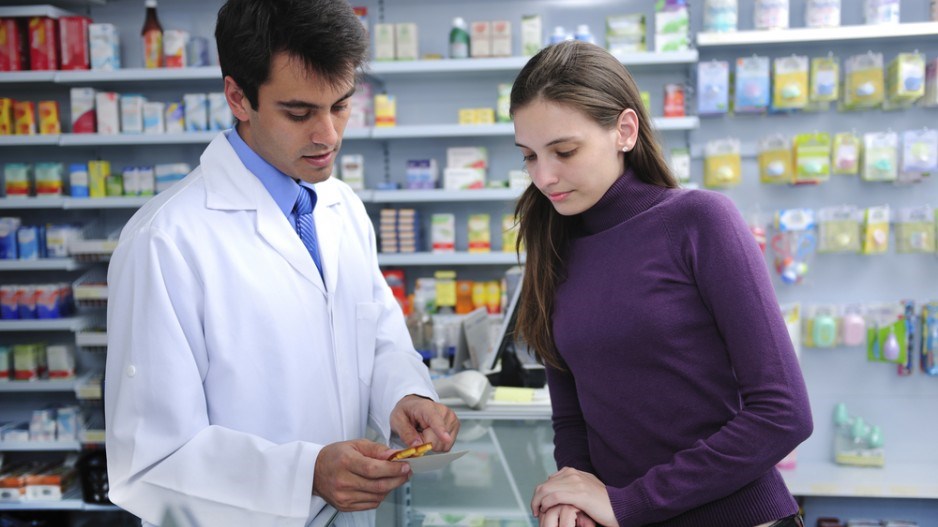The B.C. government is immediately cutting the maximum price that it will pay for generic drugs to 25% of a comparable branded drug price, down from 35%. It will then further reduce the maximum price that it is willing to pay for generic drugs to 20% by April 2014.
"B.C. families will soon notice that they pay less at the till when they fill their prescriptions," Health Minister Margaret MacDiarmid said November 23.
The industry norm is for generic drug companies to charge for their product the maximum amount of money that a government will pay.
Pharmacists then buy and sell the drug for that price. Pharmacists then make their money through so-called "professional allowances," which are essentially bonuses that work out to percentage of the total amount of generic drugs that the pharmacist has purchased and resold.
The result is that, although British Columbians and the government will reap savings from this new government policy, pharmacists will suffer.
Pharmacists, however, have put on a brave face when similar reductions have happened in the past.
"Historically, the professional allowances paid to commercial pharmacies across Canada have been connected to the price of generic drugs," former Pharmasave CEO Sue Paish told Business in Vancouver earlier this year.
"But that doesn't necessarily mean that that's the way it has to be."
She said there are other options.
For example, generic drug companies could provide non-monetary compensation in addition to a cash reward to pharmacies that buy their drugs.
Paish said generic drug companies could give pharmacies:
- equipment to allow them to host high-blood pressure clinics or other health-related seminars;
- room rentals for those seminars;
- research and materials to promote generic drugs; and
- presentation material to hand out at clinics.




